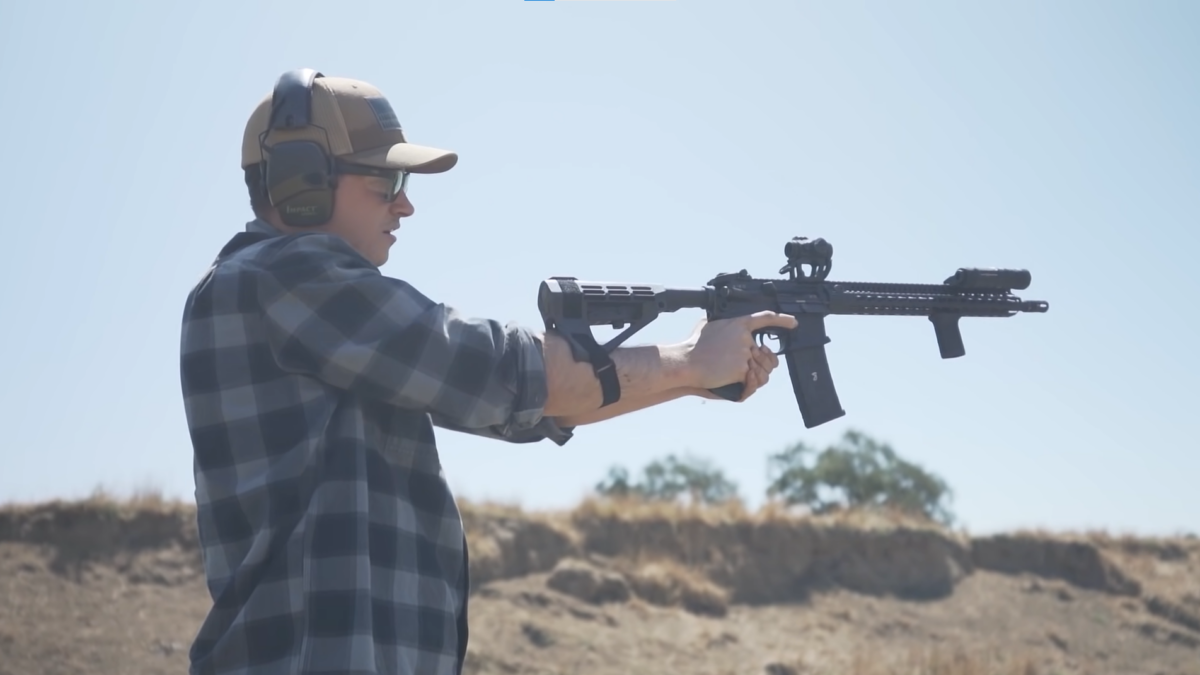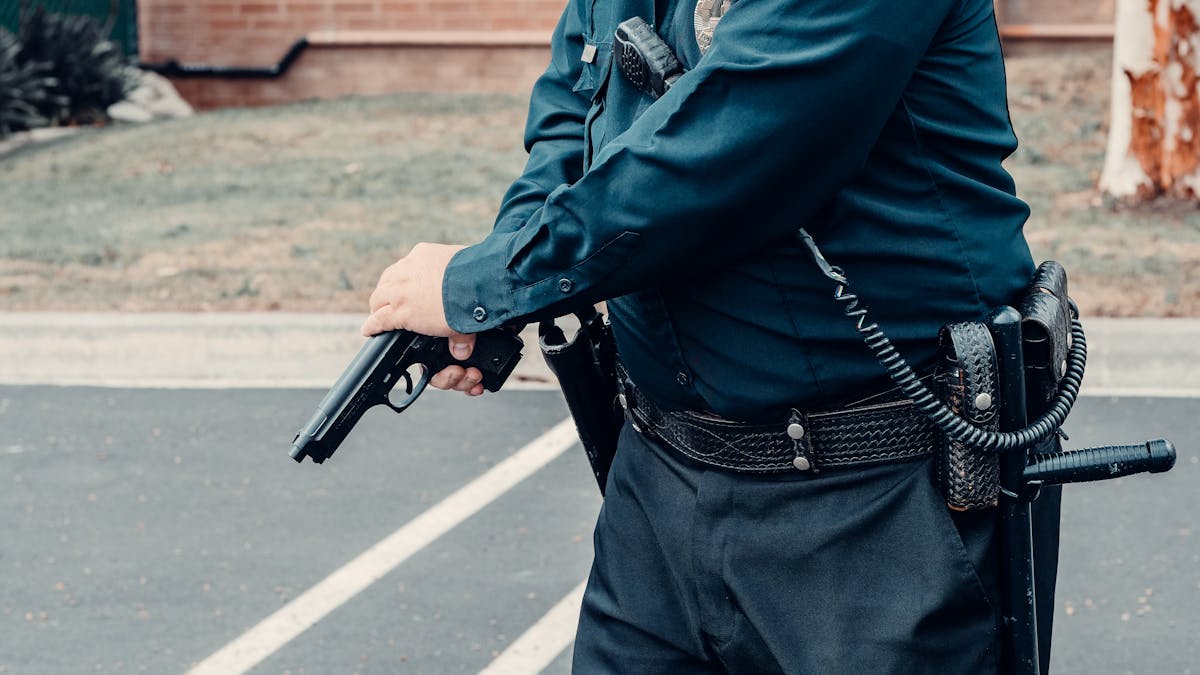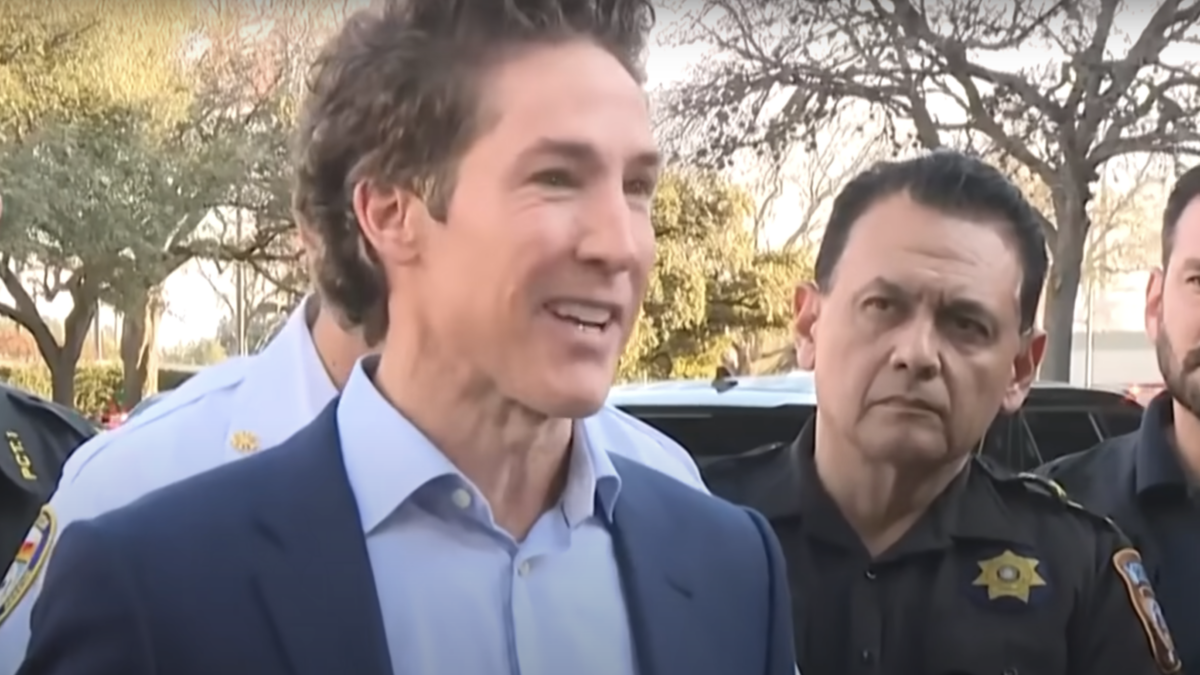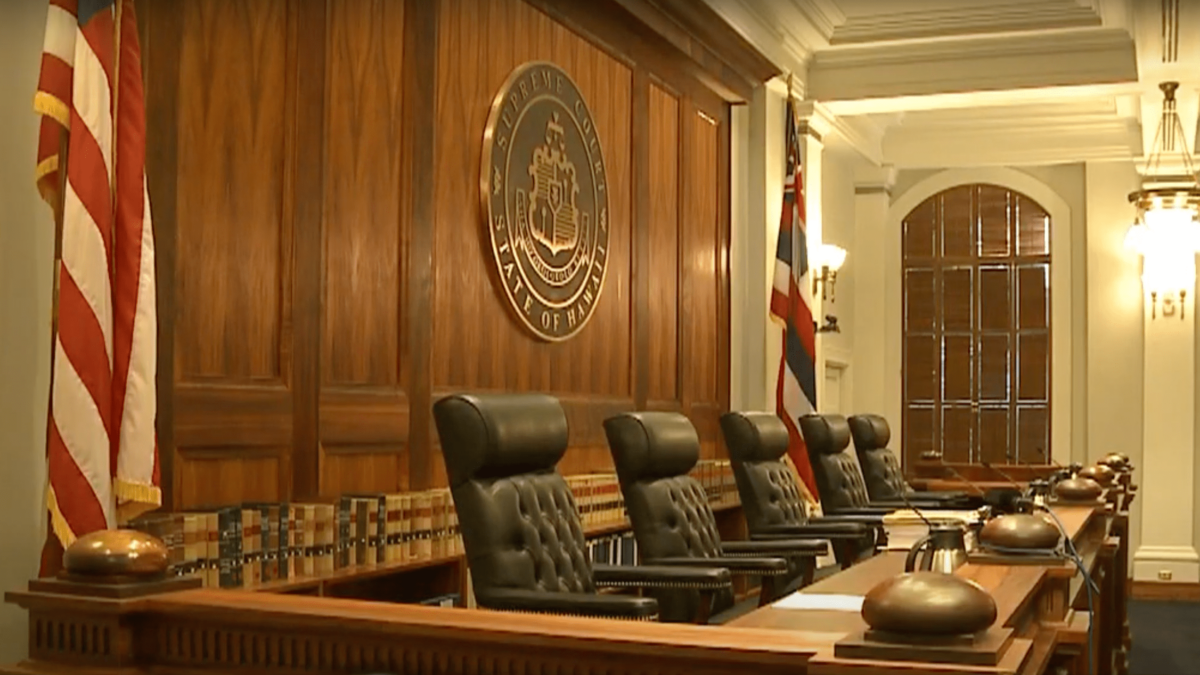Texas Attorney General Ken Paxton just filed a motion for a preliminary injunction to prevent the Biden administration from enforcing its ban on pistol braces — a ban the attorney general and his fellow plaintiffs claim violates the Second Amendment.
The Biden administration issued a new regulation on Jan. 31 declaring guns with stabilizing pistol braces “short-barreled rifles,” suddenly subjecting them to the stringent mandates of the National Firearms Act of 1934 (NFA). Among other things, that federal statute regulates machine guns, silencers, and short-barrel shotguns or rifles, but does not govern pistols.
By statute, a rifle is defined as “a weapon designed or redesigned, made or remade, and intended to be fired from the shoulder” and made to fire “a single projectile” with “each single pull of the trigger.” The NFA doesn’t regulate all rifles, however, but only “short” rifles — those defined as having a total length of 26 inches or less, or a barrel of 16 inches or less.
Neither does the NFA regulate pistols, which are defined separately as firearms designed and intended to fire a bullet “when held in one hand,” and having “a short stock designed to be gripped by one hand.”
Beginning in about 2012, firearms manufacturers began offering stabilizing braces for pistols. In general, the pistol would fit into the stabilizing brace with the brace connected to a shooter’s forearm to provide additional support. Over the next decade, manufacturers expanded the offerings of stabilizing braces and also modified pistol designs to provide for the easy attachment of an accessory brace.
When first introduced into the market more than a decade ago, the Bureau of Alcohol, Tobacco, and Firearms determined stabilizing braces did not convert pistols into short-barreled rifles subject to regulation under the NFA. As new designs developed over the years, the ATF provided that consistent guidance, while also indicating that if the brace constituted a “stock” — left undefined by the ATF — to convert the weapon to one designed to be fired from the shoulder, it could qualify under the NFA as a short-barreled rifle.
The Biden administration changed course, however, issuing a final regulation in January 2023 that purported to redefine “rifle” as “a weapon that is equipped with an accessory component, or other rearward attachment (e.g., a ‘stabilizing brace’) that provides surface area that allows the weapon to be fired from the shoulder, provided other factors,” as further defined in the regulation, “indicate that the weapon is designed, made, and intended to be fired from the shoulder.”
The “other factors” look to six considerations that compare the pistol to similarly designed rifles, such as the gun’s weight and length; the length of the trigger pull; whether the weapon is equipped with sights that would require it to be fired from the shoulder; whether the weapon’s design creates a surface area for firing from the shoulder; how marketing and promotional materials present weapon’s intended use; and information showing the “likely use of the weapon in the general community.”
Under the regulation, individuals possessing stabilizing braces that, per the above factors, qualify as short-barreled rifles have until May 31, 2023, to either convert the firearm to a long-barreled rifle, permanently remove and dispose of the stabilizing brace, turn the firearm in to a local ATF office, destroy the firearm, or apply and register the firearm with the ATF. The latter option, though, could trigger criminal liability in up to 30 states that either completely ban the possession of short-barreled rifles or criminalize the possession of unregistered short-barreled rifles, which would (under the new regulation) suddenly include everyone currently owning a stabilizing brace.
After the Biden administration issued the stabilizing brace ban, a slew of gun owners and organizations dedicated to protecting Second Amendment rights filed suit challenging the regulation. More than 20 Republican-led states filed a lawsuit in a federal court in North Dakota, and Texas’ Attorney General Ken Paxton, along with two gun rights groups, sued separately in a federal court in Texas.
Now, Paxton is moving his case forward with a motion for a preliminary injunction he filed earlier today, seeking to freeze the law while litigation proceeds. In his motion, Paxton stresses that the regulation purports to make millions of law-abiding Americans criminals by virtue of their possession of a stabilizing brace and pistol after May 31 — including even those who seek to register the accessory with ATF, since the ATF processing backlog renders it inconceivable that the gun owners will meet the registration deadline.
Paxton argues the regulation unconstitutionally taxes citizens for exercising their Second Amendment rights, is arbitrary and capricious, and is unconstitutionally vague. Texas’ top lawyer also stresses that since their introduction just over a decade ago, an estimated 10 million or more stabilizing braces have been sold, making them far from uncommon and thus protected by the Second Amendment.
The main focus of Paxton’s motion, however, mirrors the one stressed in the lawsuit his sister states filed in North Dakota: that to legally qualify as a rifle, the gun must be designed and intended to be fired from the shoulder, while the Biden administration’s regulation classified guns as rifles if the design allows them to be fired from the shoulder.
The ATF exceeded its authority by redefining “rifle” in its stabilizing-brace regulation, the Texas attorney general argues. The regulation is also arbitrary and capricious and unconstitutionally vague, with the six-factor analysis providing little guidance to ordinary Americans as to whether their continued possession of the accessory will make them a felon.
Paxton presents a solid legal analysis, making it likely that an injunction will be forthcoming — either in the Texas case, presided over by Trump appointee Drew Tipton, or in the North Dakota case, where George W. Bush appointee Daniel L. Hovland has before him a similar motion.
Attorney General Paxton said in a press release this morning that he “is hopeful that the court will protect the Constitutional rights of Americans by issuing a preliminary injunction against this rule.”
“The law is on our side,” the Texas attorney general stressed, committing to “prevail in this battle against the Biden Administration’s war on the Second Amendment.”
Erich Pratt, the senior vice president of Gun Owners of America and a co-plaintiff with Texas, told The Federalist that with millions of Americans “facing a shrinking deadline to register or destroy their lawfully owned brace firearms under this draconian rule from the ATF,” his organization “hopes the Judge will hear their pleas and put a halt to this measure before millions of these law-abiding people unexpectedly become potential felons overnight.”
Time is short, however, for the court to act.









